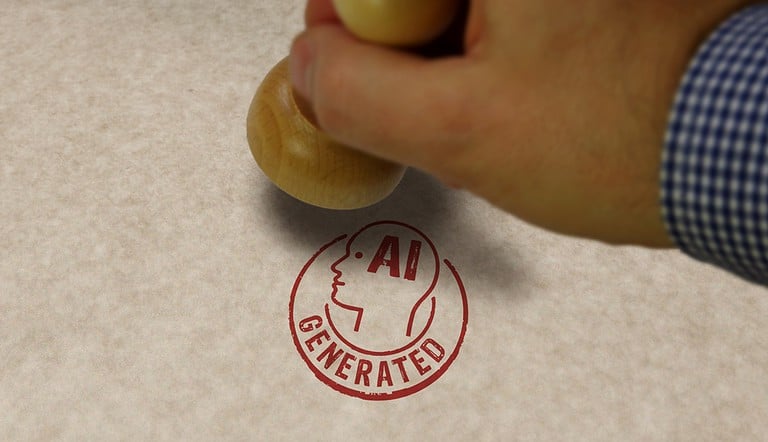The EU is trying to combat the flow of disinformation from Russia with new rules for social media sites. This forces Google and Facebook, among others, to clearly label AI-generated posts.
Social media will immediately be asked to flag posts and images created using AI. This should partially help to reduce disinformation and fake news coming from Russia. Furthermore, the agencies are asking to increase the number of resources to counter disinformation.
Free bird
In addition, the EU has some work to do to get Twitter back in line. The social media platform led by Elon Musk recently decided to leave the EU’s voluntary code of conduct against online disinformation.
Currently, the platform is not affected. The code of conduct will be a part of the Digital Services Act (DSA), which will take effect across the EU at the end of August. In a warning the EU reminds the platform of the consequences if the platform still lacks to respect the rules by Aug. 25. Consequences could be a fine of up to six percent of sales or a ban on the platform in the entire European continent.
Although Twitter currently flies like a free bird, the platform is already being condemned by political leaders for its actions. The French minister, for example, announced his intention to move toward a ban.
Once the DSA officially goes into effect, labelling AI-generated content on social media sites will become an obligation. The European Parliament would like to impose the rule on all companies involved in producing AI content. That would be possible by including the rule in the Artificial Intelligence Act, which should debut in 2025.
